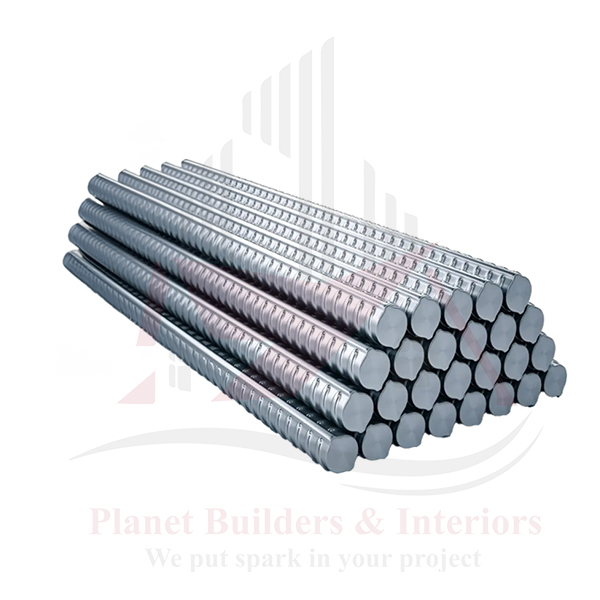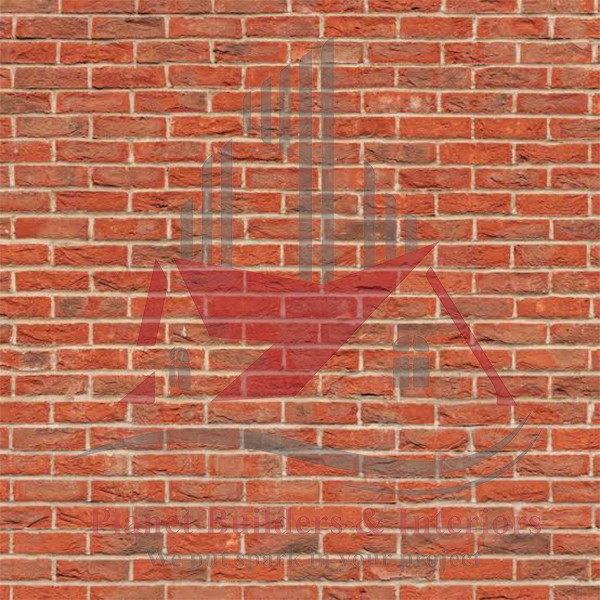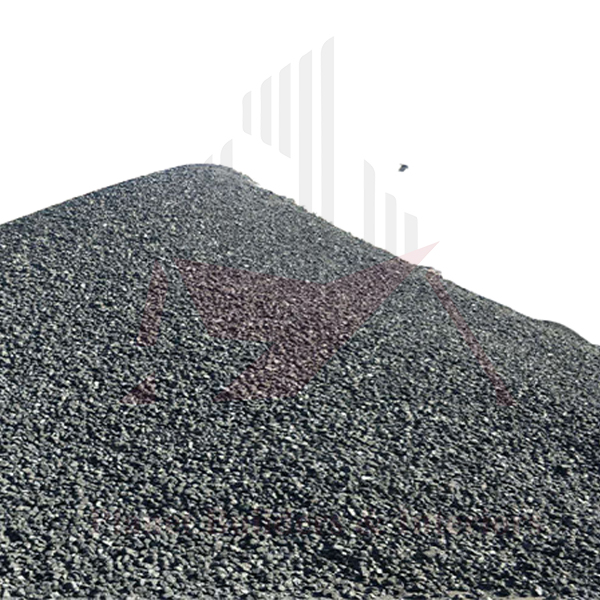Steel Grade 40 & 60
0 out of 5 based on 0 customer ratings
(0 customer reviews)₨ 0
Steel Grade 40, often referred to in the context of reinforcing bars (rebar), is a commonly used grade of steel in construction due to its balance of strength, ductility, and weldability. Here is a detailed description of Steel Grade 40:
Chemical Composition
- Carbon Content: Typically ranges from 0.20% to 0.30%.
- Manganese: Generally around 0.50% to 0.80%.
- Phosphorus and Sulfur: Kept to a minimum (usually less than 0.05%) to enhance strength and ductility.
Mechanical Properties
- Yield Strength: Minimum of 40,000 psi (pounds per square inch) or 280 MPa (megapascals).
- Tensile Strength: Typically ranges from 60,000 psi (415 MPa) to 80,000 psi (550 MPa).
- Elongation: Good elongation properties, often around 20% in 8 inches, which provides ductility and resistance to brittleness.
Product Meta
Category: Grey Structure
Tags: constructionmaterial, steel grade40, steelgrade60
Product Description
Steel Grade 40, often referred to in the context of reinforcing bars (rebar), is a commonly used grade of steel in construction due to its balance of strength, ductility, and weldability. Here is a detailed description of Steel Grade 40:
Chemical Composition
- Carbon Content: Typically ranges from 0.20% to 0.30%.
- Manganese: Generally around 0.50% to 0.80%.
- Phosphorus and Sulfur: Kept to a minimum (usually less than 0.05%) to enhance strength and ductility.
Mechanical Properties
- Yield Strength: Minimum of 40,000 psi (pounds per square inch) or 280 MPa (megapascals).
- Tensile Strength: Typically ranges from 60,000 psi (415 MPa) to 80,000 psi (550 MPa).
- Elongation: Good elongation properties, often around 20% in 8 inches, which provides ductility and resistance to brittleness.
Be the first to review “Steel Grade 40 & 60” Cancel reply







Reviews
There are no reviews yet.